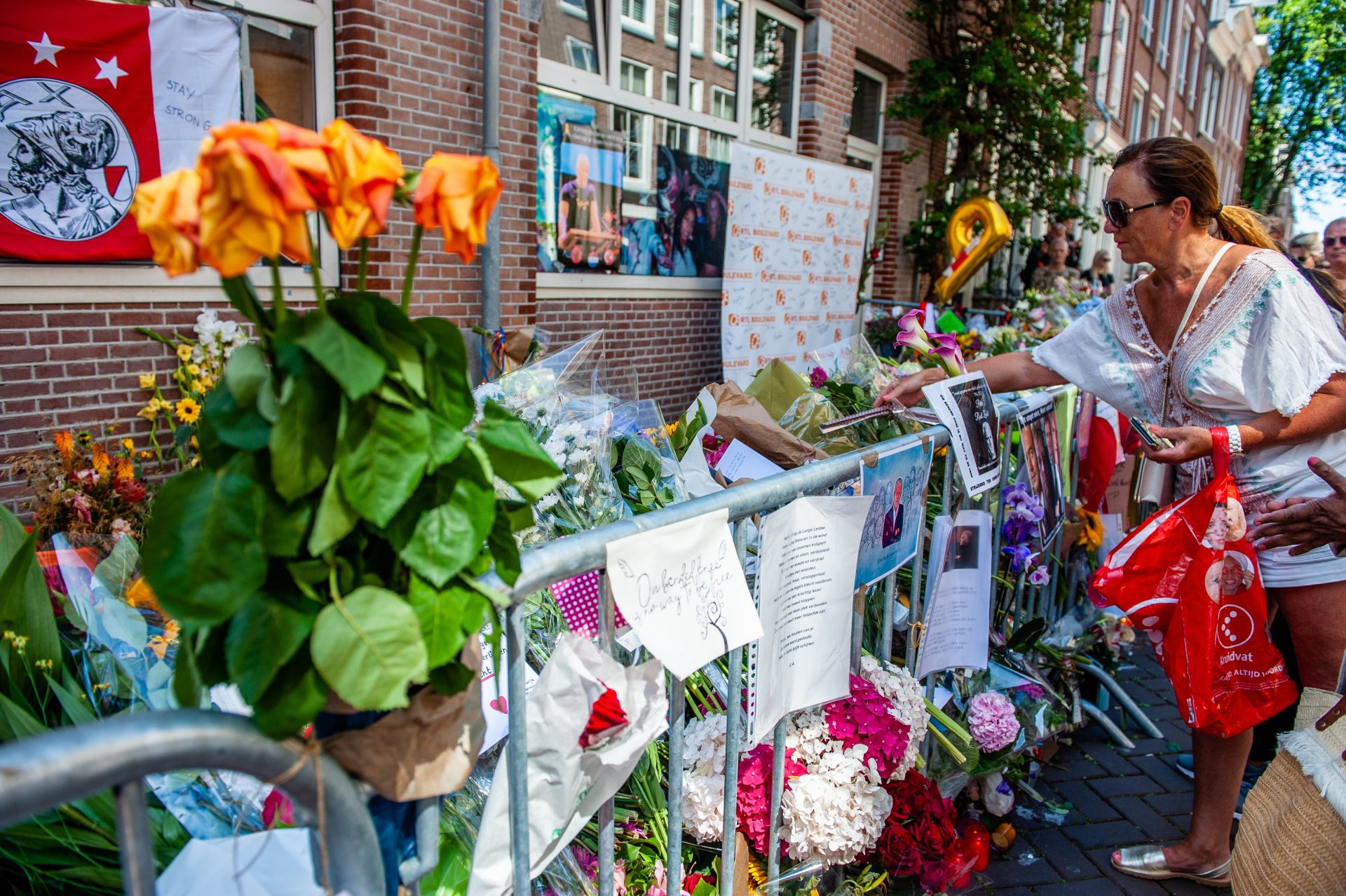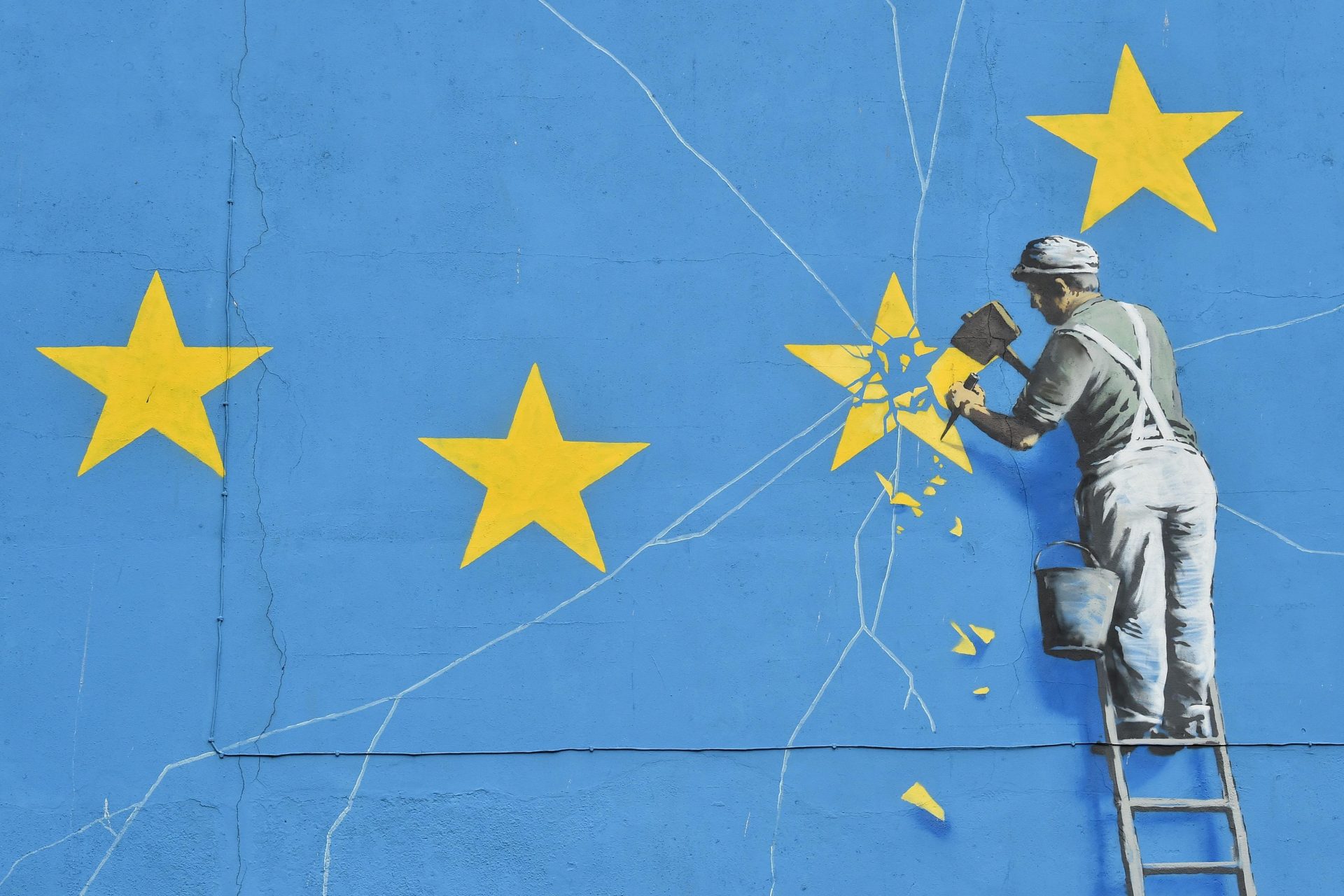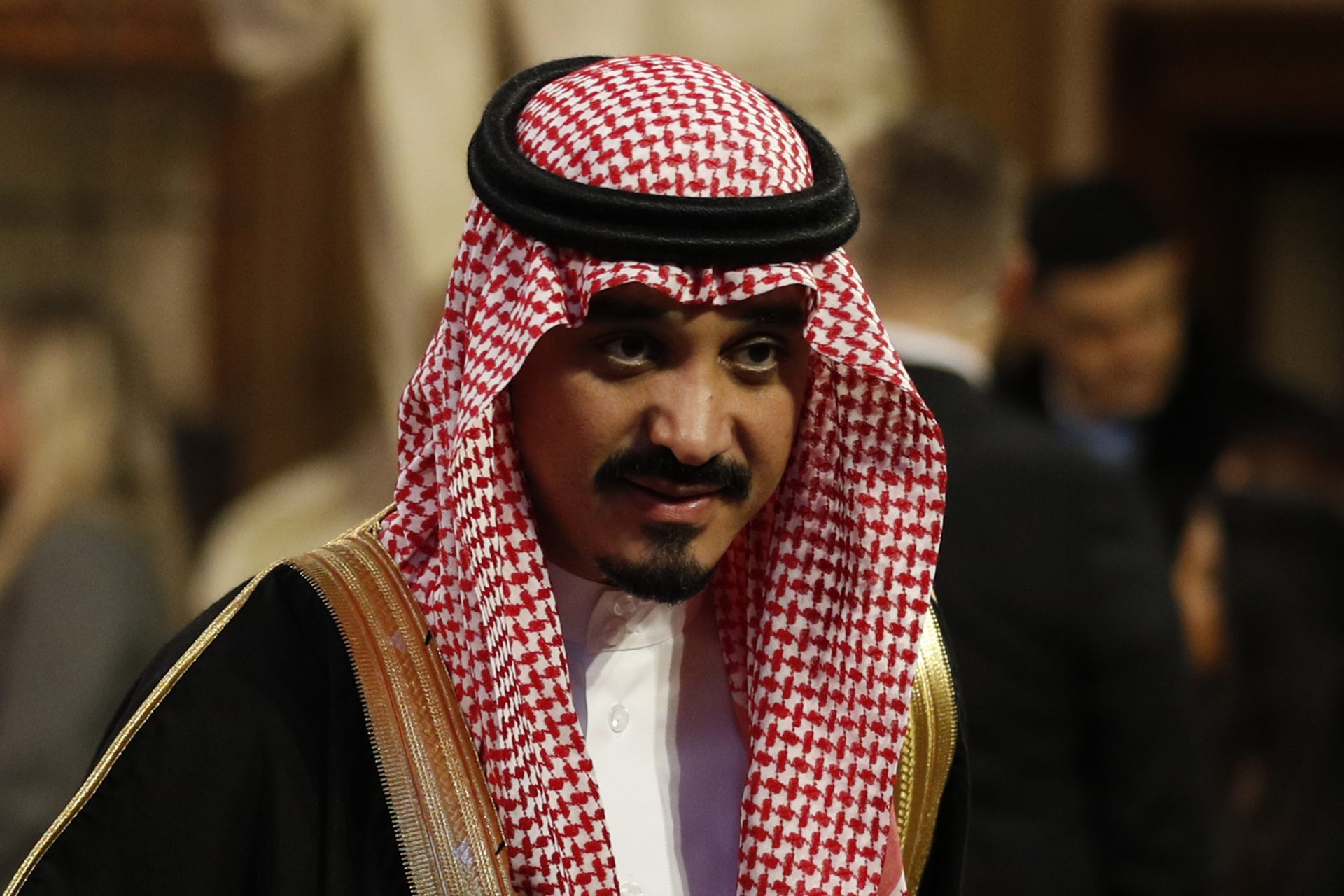Mark Rutte, prime minister of the Netherlands, thrives on his image as a regular guy who often does his own weekly food shop and gets around by bike, just like any other regular Dutch guy. He cultivates the impression that a country where that’s no longer possible is not one he wants to live in.
The Dutch might wonder what other utopian security paradise their PM is planning to move to after he, grudgingly it was emphasised, accepted heightened personal protection measures in recent weeks because of what has been characterised as a credible threat of either assassination or kidnapping. It has put a stop, for now, to his cycling days.
Media reports have suggested the threat comes from a drugs related criminal organisation, the same possibly that is thought to be behind the assassination in July of high profile crime reporter Peter R. de Vries. That drug gangs now appear to have the prime minister himself in their sights has reinforced local anxieties of the Netherlands having become a narco state, where organised crime seeps into the rest of society, or at least feels itself strong enough to challenge the state.
If that’s so, it is a state that Rutte made – after more than 11 years in power there is no one else to blame for the apparent perception among criminals that Dutch institutions are pushovers and can be intimidated. But taking responsibility is not Rutte’s forte. In fact, he has made a career out of letting it slip right off him in scandal after scandal, a true Teflon PM.
In March, Dutch voters gave him a mandate to form another coalition, for which talks are still ongoing. They did this despite his government having resigned over a racially-tinged benefits scandal for which he bore ultimate responsibility. Subsequent allegations of missteps during the coalition negotiations didn’t stick either and he’s still on course to remain PM. Under the circumstances, though, it appears he’d be better served by Kevlar than Teflon.
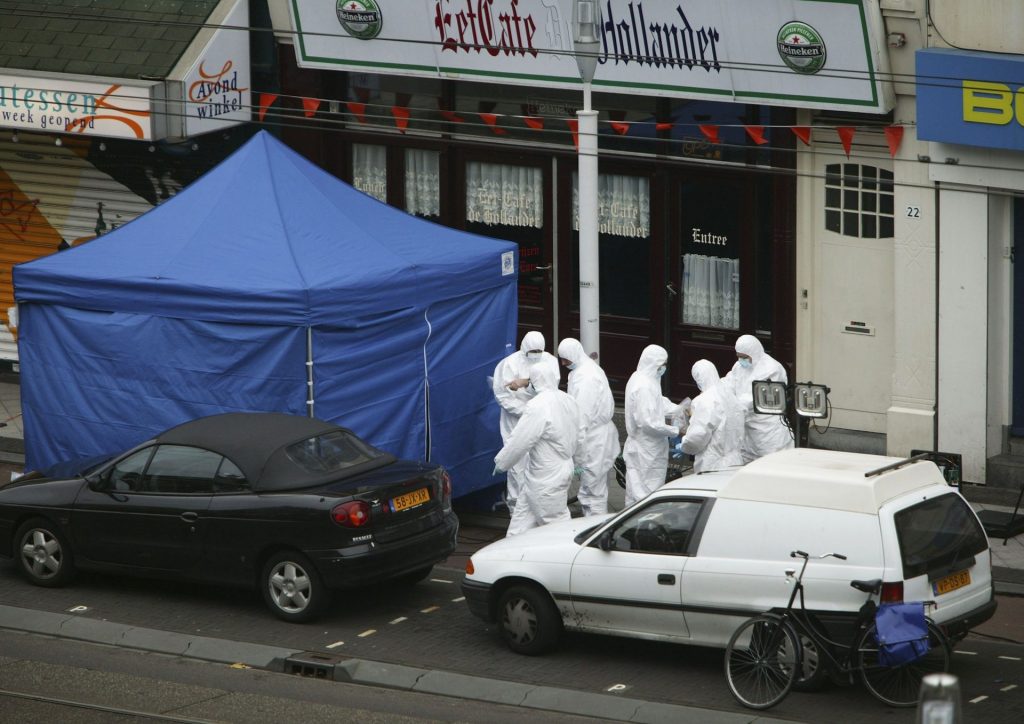
It is not that Rutte and his right-of-centre liberal party are soft on crime, at least in their platform. But in practical terms his austerity driven governments have implemented deep cuts to both police and community outreach in the places where it matters most. In many an Amsterdam neighbourhood police stations have been shuttered or close their doors at night. Young offenders are left to climb the ladder of crime syndicates without much intervention. Prison terms are seen as lax and jail as a proofing ground. Residents who cross the criminals face intimidation or worse, while police struggle with understaffing.
What goes for Amsterdam, goes for many other Dutch cities. It is this climate of near impunity in certain neighbourhoods that the crime gangs may now be seeking to replicate at the national level. The assassination of de Vries appears to be part of a string of killings that have been linked to the so-called Marengo trial, involving one of the country’s biggest drug kingpins. From the first these have been aimed at intimidation, of witnesses, lawyers, journalists and now the state structure.
Apart from the social and criminal context on the street, the Netherlands also is a hub for the global trade in drugs, particularly cocaine, and the manufacture of synthetic drugs, such as MDMA. This is partly due to its position as a clearinghouse for European trade, with two of Europe’s largest ports, Rotterdam and Amsterdam, and a busy airport, Schiphol.
There’s also a large soft drugs infrastructure that facilitates the open nature of some of the criminal activities. Using and possessing consumer quantities of marijuana is allowed, as is selling it retail. But wholesale selling and large-scale cultivation is illegal, thus creating a shadow world of illegality and dirty money.
This arrangement predates Rutte’s governments but steps to legalise cannabis cultivation have been stuck for years. Also, his government’s business- and foreign investor-friendly policies have been blamed for a less than vigorous pursuit of money laundering and shell companies.
In all, a combination that has proved winning both in attracting investment as well as tax dodgers and criminal organisations.
Even so, the Netherlands is still an awfully well-regulated, pleasant and safe place to live and do business by most international standards. Murder rates, for example, keep dropping, and are at 0,64 per 100,000 among the lowest in Europe. Even while some other violent and armed crime showed a rise in the years prior to the pandemic.
The country is safe enough for minor royalty to mingle with the public relatively unprotected and for most politicians, national and local, to walk the streets unmolested.
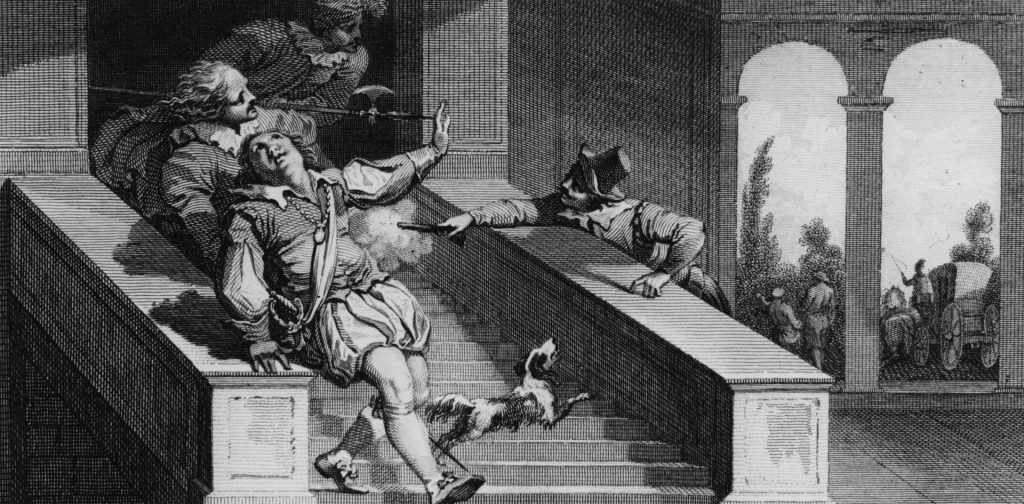
This in contrast to, let’s say, Italy or Mexico, where organised crime has regularly targeted them.
Yet, the myth of the unprotected Dutch PM, is just that. Rutte, like his predecessors has always been protected, albeit less intrusively than is now the case. Nor is this the first time that a Dutch PM has needed extra protection.
In the past this has happened, among others, in the context of the Dutch presence in Afghanistan and because of domestic terror threats.
Anti-Islam politician Geert Wilders has lived under strict protection since 2004 because of threats to his life. He expressed sympathy for Rutte’s predicament, tweeting: “You don’t wish this on anyone.”
Indeed, in an unrelated case, police in September arrested nine alleged IS-sympathisers who were said to be planning attacks on Rutte as well as Wilders and Thierry Baudet, another politician who has been critical of Islam.
And it’s not as if the Netherlands has no history of high-profile political murders, from the assassination of its Pater Patriae William ‘the Silent’ of Orange in 1584 to the killing of anti-immigrant upstart Pim Fortuyn in 2002 and film director Theo van Gogh in 2004.
This type of violence has in the past almost exclusively been associated with power struggles and ideological differences.
Other seemingly sedate and safe societies have not been immune to this either.
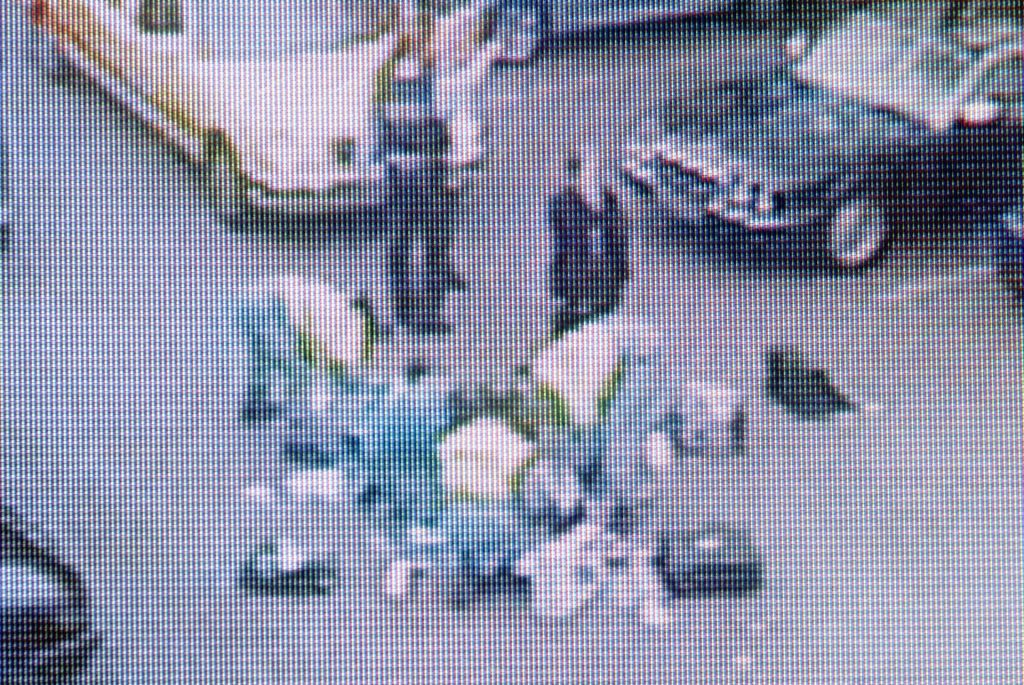
Take for example the 1986 murder of Swedish PM Olof Palme when he walked home from the cinema with his wife, after having confidently dismissed his escorts. After many false leads, prosecutors last year came to the conclusion that the murder was politically motivated.
What’s different about the threat to Rutte is that, as is often the case for terror, it is not about him personally, nor has it to do with his ideology or political direction.
It is a threat aimed at the heart of state and society, an attempt to impose the law of the jungle.

